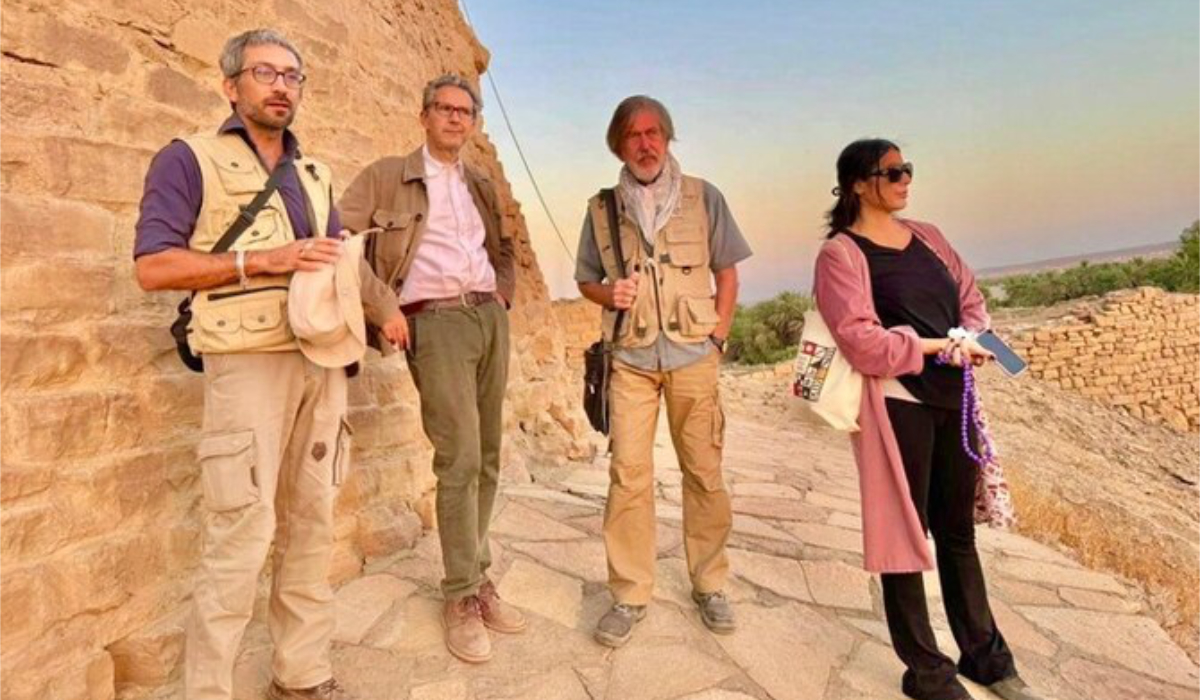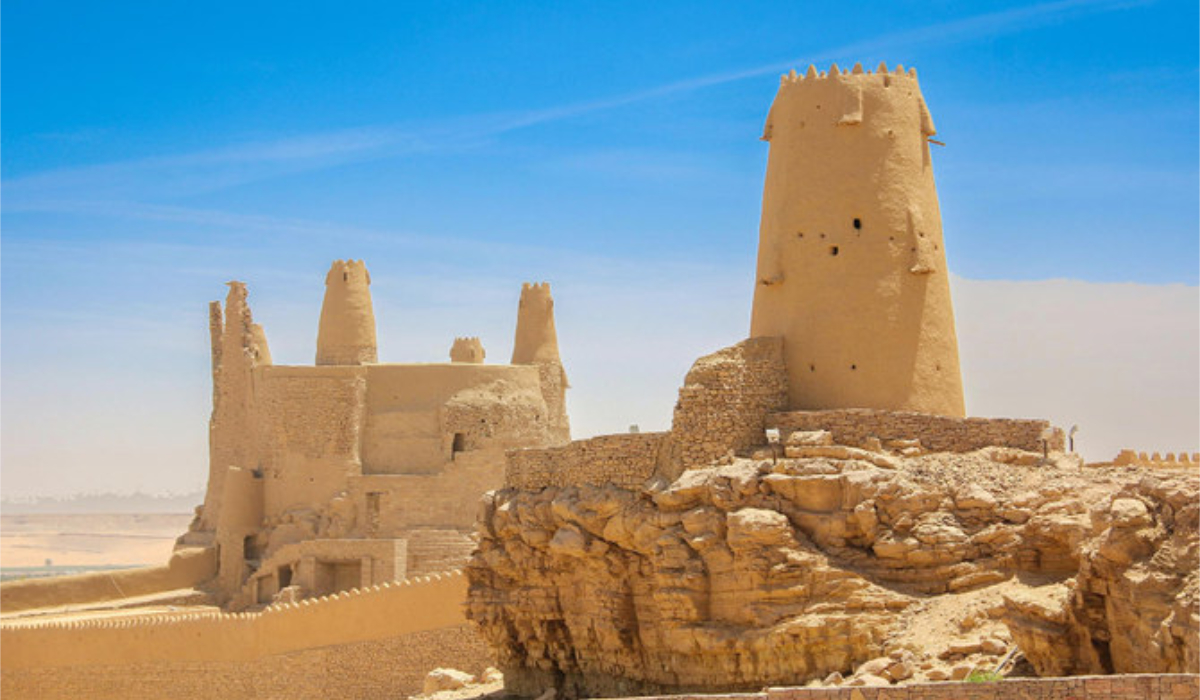RIYADH: Smart cities have become an essential part of Saudi Arabia’s urban development priorities, reflecting the Kingdom’s dedication to using technology for sustainable urban growth.
As part of the Kingdom’s strategic vision for digital transformation and urban development, Smart Cities Saudi Expo is set to take place from Sept. 24-26 at the Riyadh International Convention and Exhibition Center.
Saudi Arabia, as the fastest growing G20 economy according to the IMF, is experiencing a rapid surge in its urban population, with about 85 percent of its population living in metropolitan areas.
The Kingdom’s infrastructure ecosystem is rapidly evolving with the increasing population, and the need for smarter, more sustainable and technologically enabled cities has grown rapidly, resulting in significant shifts in demographics, infrastructure demands and urban planning strategies.
Smart Cities Saudi Expo will play an important role in advancing the Kingdom’s journey toward intelligent smart city development. It will create avenues for business engagement and facilitate networking with those at the cutting-edge of smart city delivery.
“The inaugural Smart Cities Saudi Expo will empower cognitive living in Saudi Arabia by showcasing innovative and intelligent solutions tailored for cognitive environments,” Muhammed Kazi, senior vice president of dmg events, which is the organizer of the expo, told Arab News.
“With a growing demand for urban living in the Kingdom, the event aligns with the nation’s commitment to advancing smart city initiatives and propelling urban transformation with the seamless integration of human, robotic and citizen solutions,” he said.
The integration of digital solutions into infrastructure development is vital for building smart cities, with smart infrastructure encompassing intelligent transportation systems, energy-efficient buildings, smart grids and sustainable waste management.
These advances improve resource management, reduce environmental impact and enhance the overall quality of life for residents.
At Smart Cities Saudi Expo, local and international exhibitors from 25 countries, including Saudi Arabia, Bahrain, Egypt, Greece, India, Poland and UAE, will showcase products and services supporting the Kingdom’s smart city ambition.
Saudi-based Meter, a digital platform providing innovative surveying and engineering solutions through modern technologies and artificial intelligence, has joined the event as the Silver Sponsor.
Participating exhibitors will showcase systems, solutions, products and services under dedicated product sectors such as digital economy, urban mobility and transport, smart building and infrastructure, smart governance, IT and telecoms, sustainability and environment and safety and security.
The event will spotlight intelligent traffic management, public transportation systems, electric and autonomous vehicles, smart parking solutions, building automation systems, smart lighting and energy management, building security and access control, video surveillance and analytics, emergency response systems, public safety sensors and alarms, e-government services, citizen engagement platforms and open data initiatives.
Saudi Arabia’s vision for future cities is taking shape through several giga projects such as NEOM, spearheaded by the Public Investment Fund, which is making significant advancements with the integration of AI, robotics and human intelligence to develop cutting-edge, digitally sustainable and cognitive cities.
“This progress has positioned the Kingdom as a hub for smart city innovations and technologies, further strengthening the need for Smart Cities Saudi Expo to empower cognitive living,” Kazi said.
The Smart Cities Expo is strategically timed amid substantial urban transformation under Saudi Vision 2030, prioritizing the development of smart, sustainable cities to enhance quality of life.
Smart Cities Expo empowers cognitive living in KSA amid urbanization wave
https://arab.news/8u46f
Smart Cities Expo empowers cognitive living in KSA amid urbanization wave

- Exhibitors from 25 countries will showcase systems, solutions, products and services at Riyadh Exhibition Center from Sept. 24-26
- The Kingdom’s infrastructure ecosystem is rapidly evolving with the increasing population






























